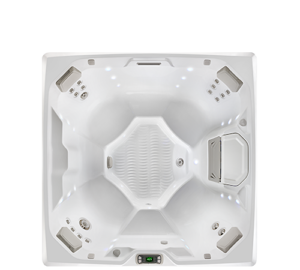The electricity consumption of the server centers that store the billions of data we generate each year is considerable. In one year, we produced 1800 billion gigabytes of data, which equates to more than 400 billion DVDs. Social networks are no stranger to this digital bulimia, which also has an environmental impact. At the current pace, it seems difficult to imagine a satisfactory technical solution to meet the ever more destructive needs of the digital man. For the Top Quality Electronics this is the best deal now.
Revaluation and treatment

Our country produces an average of 14 kg of computer waste each year. These wastes are increasingly complex and therefore more difficult to treat. Even the simplest computer is composed of 24 kinds of plastics, some of which are recyclable and others not: it requires careful sorting.
Export of used goods
According to estimates by the United Nations Environment Program (UNEP), nearly 75% of computer and television screens sold in our country are sold in the South. However, the Basel Convention prohibits the export of hazardous waste from rich countries to developing countries. These are officially used goods that are sent to Africa or Asia in whole containers, not waste.
The appropriate treatment systems are often lacking on site; thousands of workers dismantle them on construction sites at the expense of their health and the environment. For example, cadmium in a single mobile phone is enough to contaminate 600,000 liters of water. Greenpeace estimates that nearly half of the electrical and electronic waste exported to Asia or Africa is illegal.
Be aware that these objects are not trivial
Let’s use our devices as long as they work. The longer they last, the lower their ecological impact. Do not multiply their presence in our lives.
Encourage the environmental and social performance of manufacturers
The NGO Greenpeace regularly peels the new toys of the electronics industry and publishes a ranking of the 15 largest companies. Firms are assessed for the elimination of suspicious substances from their products, the recycling of obsolete products, and the reduction of the consequences of their activity on the climate. In the last edition, only one company was clearly in the green, and again, it is not strictly speaking a manufacturer. Let’s be lucid about the marketing arguments; they often concern the accessory.
A screen, not too big
LCDs on computers are less energy-consuming than CRTs, but the bigger the screen, the more it consumes. The consumption gains due to the performance of current equipment are partly offset by the multiplicity of equipment and the increase in the size of the screens.
Ensure correct reprocessing
In Belgium, 4 million GSM would no longer be used and would sleep in our drawers. Companies collect and reprocess these devices at the end of their life. These companies repackage 90% of the collected phones and resell them to the countries of the South, where they are reused. However, this is not the ultimate solution: after sending them to Africa or Asia, what will become of these devices and their metals during their second death far from social and environmental standards worthy of the name?
Finally, the famous information society that we sell as dematerialized proves to be an extension of the classical economy, with material goods based on limited natural resources.
